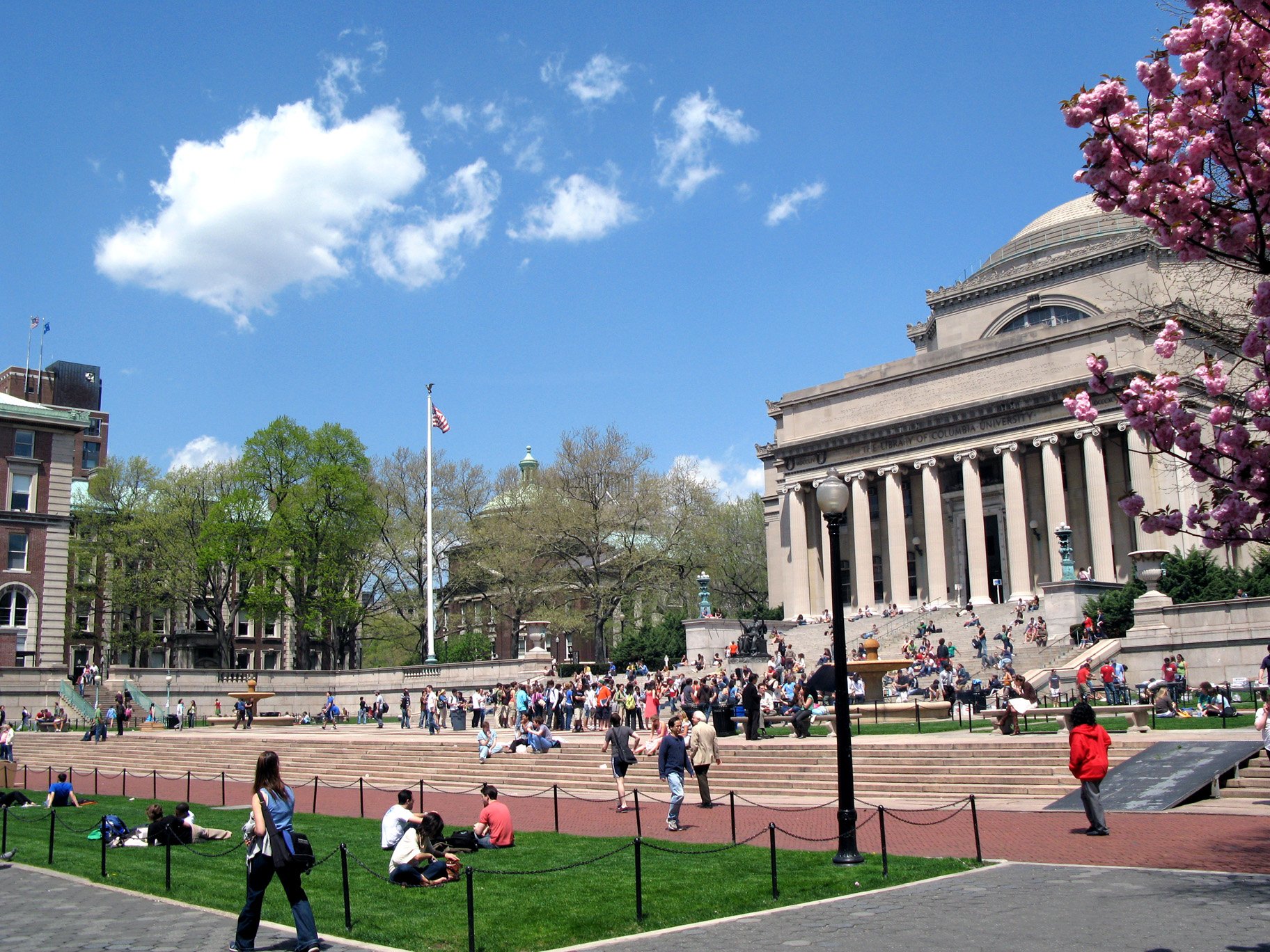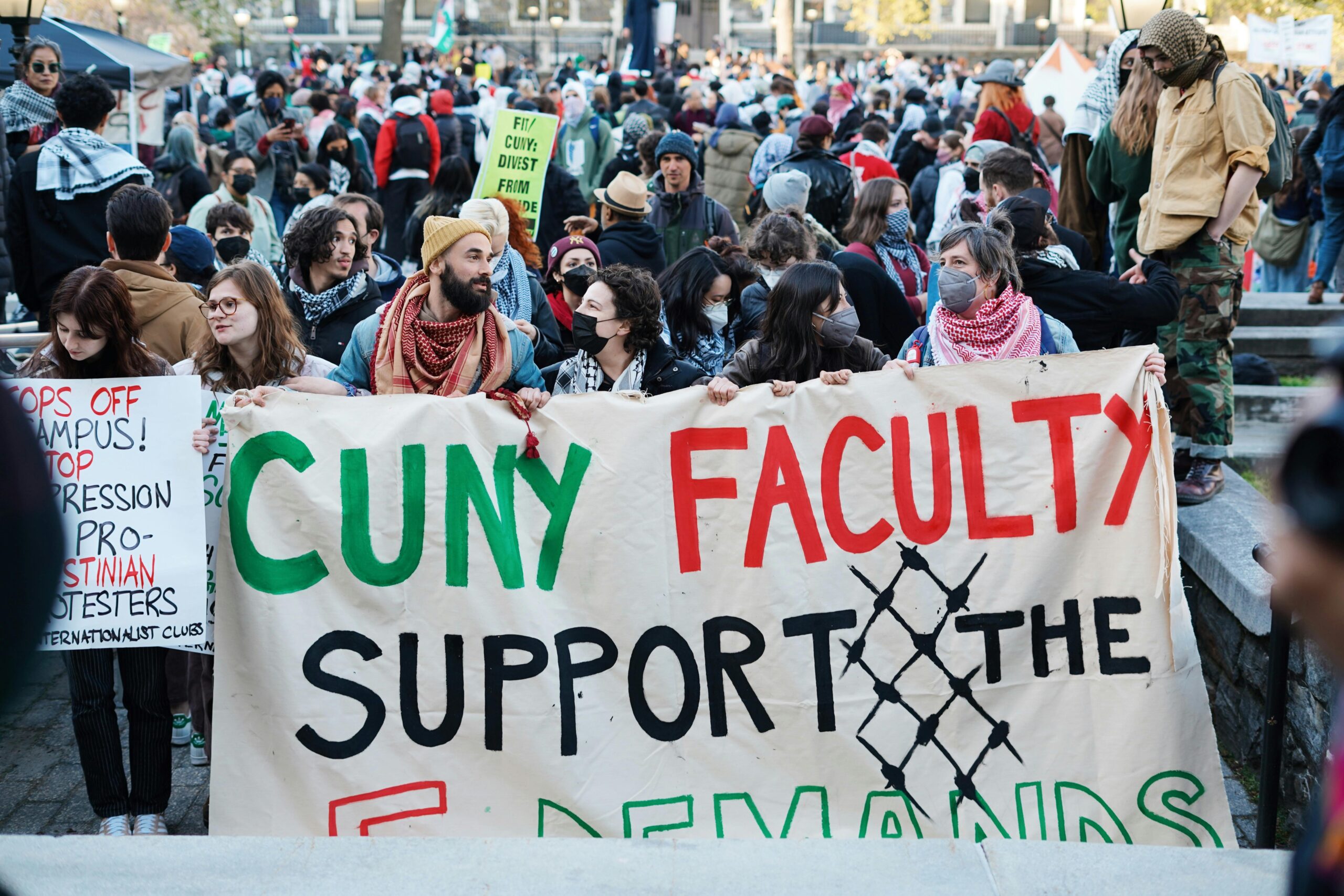I find it fascinating that the U.S. president can fully override the judicial system by forgiving a person convicted and found guilty of a crime. Indeed, the Constitution of the United States gives the president plenary power “to grant Reprieves and Pardons for Offences against the United States, except in Cases of Impeachment.”
All presidents have used this pardon power to grant clemency. President Trump granted 237 acts of clemency during his four years in the White House. Trump’s predecessor, Barack Obama, granted 1,927 clemencies, the highest total of any president going back to Harry Truman.
Typically, presidents have used this pardon power in their last days in office. This concept can help us understand the selichos we will start reciting on Motzei Shabbos.
I always found it quite puzzling that we start saying selichos, asking Hashem for forgiveness, prior to the Aseres Yemei Teshuva”—the Ten Days of Repentance between Rosh Hashanah and Yom Kippur, which are designated for remedying wrongdoings. Wouldn’t it be more appropriate to observe these solemn days of repentance prior to Rosh Hashanah, so we enter the day of judgment having worked on our attributes, then daven selichos to gain forgiveness?
Rabbi Shimshon Pincus explains that Hashem’s love and desire for our good is so incredible that He allows us to start asking for forgiveness even before we do teshuva. The time period prior to Rosh Hashanah is to focus on obtaining forgiveness from Hashem. Even while we are still in a state of guilt without having yet repaired our ways we ask for a pardon. Before teshuva, before repentance, we nevertheless come asking.
In the judicial system, one needs a good lawyer. However, there are some crimes where the person is guilty, and no lawyer can help his client win an acquittal. Only the “president” can grant a pardon or commute the sentence.
Rabbi Shimshon Pincus says every time we daven and mention the God of Avraham, we entreat Avraham Avinu to bring our prayers before Hashem. The same is true of imploring Yitzchak and Yaakov. This also applies to the different parts of tefillah that correlate to each of the Avos). In Shemoneh Esrei, there is the first bracha—which correlates to Avraham, the second to Yitzchak, and the third to Yaakov. The same correlation applies to the three tefillos of the day: Shacharis relates to Avraham, Mincha to Yitzchak and Maariv to Yaakov. It is incredible that we have the Avos as our personal advocates.
But Tosfos tell us the merit of the Avos could be depleted and they might not have enough ability to advocate on our behalf. What happens then? The Gemara tells us the merit of saying the Thirteen Attributes of Mercy, which are the core of selichos, is that they never go unanswered. These Thirteen Attributes were taught to Moshe by Hashem after klal Yisrael sinned with the golden calf (comparing that egregious act to a bride committing adultery at her own wedding!). Hashem wrapped Himself in a tallis and told Moshe anytime the Jews sin they can say these Thirteen Attributes and He guarantees to respond to them favorably. The power of these Thirteen Attributes is that Hashem Himself will be praying on our behalf when we articulate this formula. Here it is Hashem Who is the chazan on our behalf! And it is Hashem Himself who forgives, based on these extra-special measures of compassion and tolerance that He provides!
As we approach Rosh Hashanah, we are all guilty of some misdeeds and are responsible for our actions. All people slip up and make mistakes, and only Hashem can forgive us.
We all need to request a pardon from Hashem, to avoid punishment for our wrongdoings. Hashem in His beneficence gives us the opportunity even before Rosh Hashanah to start asking for forgiveness and the granting of a pardon through the recitation of selichos.
Every word of selichos is a jewel. It’s an incredible opportunity. While we will get up early and may be exhausted from the effort, Hashem’s granting of forgiveness makes it all worthwhile!! This is our opportunity…let’s make sure we utilize it to its full extent.
Rabbi Baruch Bodenheim is the associate rosh yeshiva of Passaic Torah Institute (PTI)/Yeshiva Ner Boruch, where he leads a multi-level Gemara-learning program. PTI has attracted adult Jews of all ages from all over northern New Jersey for its learning programs. Fees are not charged but any contributions are always welcome. Beyond PTI, Rabbi Bodenheim conducts a weekly beis midrash program with chavrusa learning in Livingston plus a monthly group in West Caldwell. Rabbi Bodenheim can be reached at [email protected]. For more info about PTI and its Torah classes, visit www.pti.shulcloud.com.













